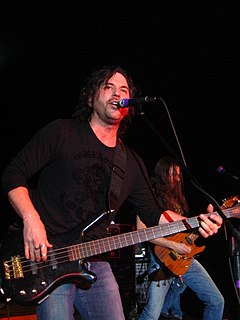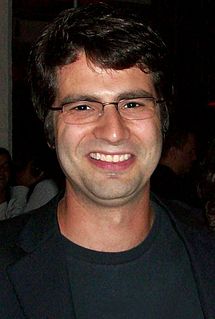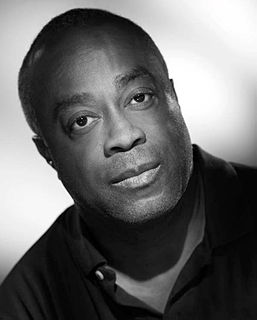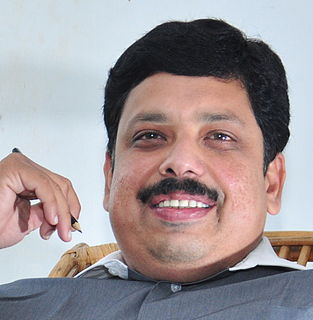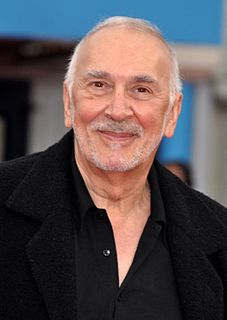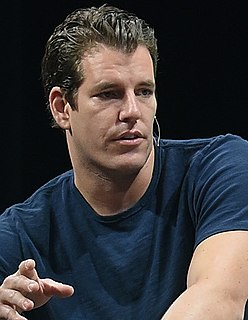A Quote by Jill Stein
I did my residency on the South Side of Chicago.We were taking care of people who were incredibly sick and were really struggling with poverty, and , access to food, and how could they afford their medications.
Related Quotes
Denial is not always a bad thing. Without it, you couldn't function. For instance, if you were hyperaware and hypervigilant regarding all the dangers in the world - from driving your car to crossing the street to eating food that might have contaminants in it to taking medications that have many side effects, etc. - you would become frozen.
I think people have to remember where we were in 2009. We were losing 800,000 jobs a month. We had an unemployment rate in double digits. We had poverty rates soaring. We had kids who were food insecure. Today in 2016, we have a lot less unemployment, a lot less poverty, and a lot fewer kids who are food insecure.
Coming from the South and growing up in L.A. where it was so segregated - worse than the South in many ways - all the people in my neighborhood were from the South. So you had that Southern cultured environment. The church was very important. And there were these folk ways that were there. I was always fascinated by these Southern stories, people would share these mystified experiences of the South. I wanted to talk about folklore.
We were always told we were one step behind Deep Purple, one step behind Led Zeppelin, one step behind everybody. Our manager didn't want to let us know how popular we were. It's only after we did Ozzfest that people started telling me stuff. I thought they were taking the piss. People would come up to me and go, "Respect."
It had long been true, and prisoners knew this better than anyone, that the poorer you were the more likely you were to end up in jail. This was not just because the poor committed more crimes. In fact, they did. The rich did not have to commit crimes to get what they wanted; the laws were on their side. But when the rich did commit crimes, they often were not prosecuted, and if they were they could get out on bail, hire clever lawyers, get better treatment from judges. Somehow, the jails ended up full of poor black people.
In our early experiences with bitcoin, we found how few people were building bitcoin exchanges the right way. They really weren't taking the regulation seriously; they were taking it too much like how you would approach something when you're 18, full of the excitement of youth and throwing caution to the wind.
At the beginning of the 20th century, before the migration began, 90 percent of all African-Americans were living in the South. By the end of the Great Migration, nearly half of them were living outside the South in the great cities of the North and West. So when this migration began, you had a really small number of people who were living in the North and they were surviving as porters or domestics or preachers - some had risen to levels of professional jobs - but they were, in some ways, protected because they were so small.




